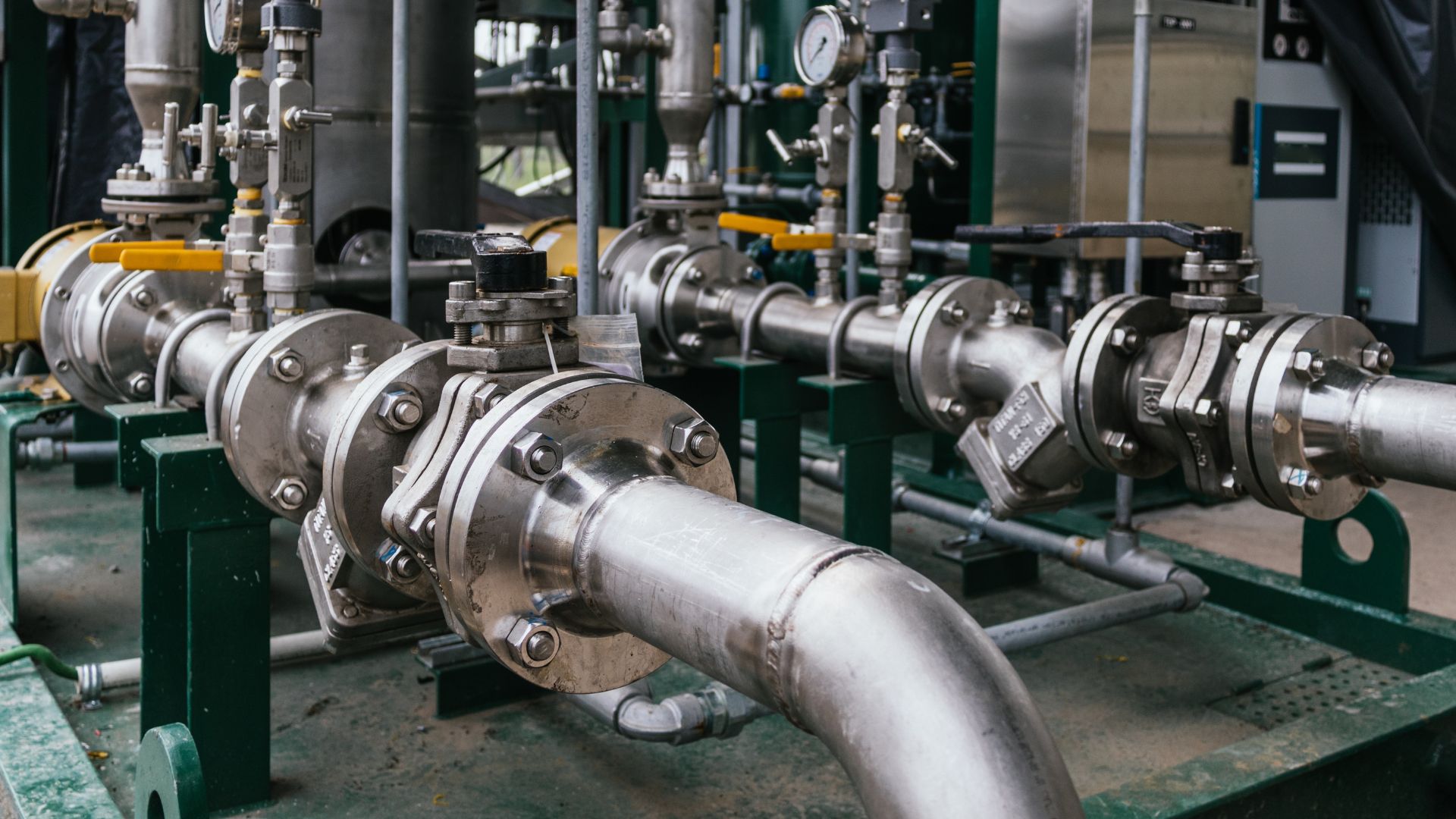Custody transfer is the process of measuring and transferring responsibility or ownership of products or substances such as oil, gas, or other fluids from one party to another. This process usually occurs in the oil and gas industry, where the products move from the producer or resource owner to the consumer or customer. However, these processes are not limited to this industry but can also occur in other sectors such as the chemical industry or the water industry. The importance of custody transfer lies not only in economic transactions but also in accurate measurement and monitoring, both of which contribute to operational efficiency and compliance with regulations.
Custody transfer has several key points, including involving the measurement of product quantity and quality, which includes volume, weight, or energy value, transferred with great accuracy. To ensure measurement accuracy, advanced systems and monitoring are often used, such as using specialized measuring tools or sensors. Measurement and transfer systems must be reliable and protected from potential leaks or manipulations. Before custody transfer, the parties involved usually make clear agreements and contracts regarding the quantity, quality, and terms of the activities. During custody transfer, activities must comply with applicable standards and regulations, which also include environmental regulations and safety regulations. Verification and audits are conducted periodically to ensure that the custody transfer process has complied with the agreed-upon terms. This may involve independent third parties such as Sucofindo to ensure the accuracy and reliability of measurements. By using modern technologies such as telemetry systems and automatic sensors, monitoring becomes more efficient and accurate.
Legal and Regulatory Considerations in Custody Transfer
Custody transfer is a critical stage in the oil and gas industry where ownership and responsibility for oil and gas products are transferred from one party to another. In this context, legal aspects and regulations play a crucial role in ensuring that the ownership transition occurs fairly, efficiently, and in line with industry standards. Below are various legal and regulatory aspects with custody transfer agreements, focusing on the importance of clear contracts, compliance with industry standards, and compliance with environmental and safety regulations.
- Custody Transfer in the Oil and Gas Industry Before understanding the role of law and regulations in custody transfer, it is essential to understand the essence of this stage in the oil and gas industry supply chain. Custody transfer involves the physical and legal transfer of oil or gas from one entity to another, often involving producers, storers, and transporters. Along with the transfer of ownership, there are several legal and regulatory aspects that must be considered to ensure this process runs smoothly and fairly.
- The Role of Clear Contracts in Custody Transfer Contracts are the foundation of any business transaction, including in the context of custody transfer. Clear and comprehensive contracts are essential to ensure that the rights and obligations of all parties are well-defined. Some points that should be covered in contracts for these activities include:
- Product Specifications: The contract should specify in detail the specifications and characteristics of the oil or gas products to be transferred, including quality parameters, quantity, and measurement methods used.
- Pricing and Payment: The contract should specify in detail the specifications and characteristics of the oil or gas products to be transferred, including quality parameters, quantity, and measurement methods used.
- Legal Responsibility: The contract should clearly outline the legal responsibilities of each party during custody transfer. This includes responsibilities regarding safety, damages, or leaks that may occur during the transfer process.
- Contract Term: Determining contract terms and conditions for renewal or extension is crucial to ensure operational continuity.
- Compliance and Penalty Clauses: The contract should include provisions regarding compliance with regulations, industry standards, and safety norms. Sanctions for violations should also be clearly defined.
- Compliance with Industry Standards The oil and gas industry has specific standards and guidelines that must be followed by all stakeholders. In the context of custody transfer, some relevant industry standards include:
- API (American Petroleum Institute): API provides a number of standards related to product specifications, measurement equipment, and testing procedures. Compliance with these standards helps ensure that the custody transfer process complies with industry best practices.
- ISO (International Organization for Standardization): Some ISO standards provide guidelines for measuring the quantity and quality of oil and gas. Compliance with international standards supports consistency and interoperability across the industry.
- ASTM (American Society for Testing and Materials): ASTM standards cover various aspects, including testing and characterization of oil and gas products. Using recognized ASTM testing methods can improve the accuracy and reliability of custody transfer results.
- Environmental and Safety Regulations In addition to industry standards, custody transfer must also comply with a range of environmental and safety regulations. These regulations aim to protect the surrounding environment and ensure that the transfer process occurs without unnecessary risks. Some important regulations in this regard include:
- Waste Management: Regulations regarding oil and gas waste management need to be complied with to prevent negative environmental impacts.
- Occupational Safety Standards (OSH): Worker safety during activities must comply with occupational safety regulations, including the use of personal protective equipment (PPE) and emergency procedures.
- Emission Monitoring: Regulations governing greenhouse gas emissions and other pollutants must be complied with to minimize environmental impacts.
- Legal Enforcement and Dispute Resolution Legal aspects of custody transfer include contract enforcement and dispute resolution. Legal enforcement is necessary to ensure that all parties comply with contract terms, industry standards, and applicable regulations. Additionally, an effective dispute resolution process should also be outlined in the contract to address potential disagreements or even breaches.
Efficient and fair custody transfer requires a deep understanding of the laws and regulations involved. Clear contracts, compliance with industry standards, and adherence to environmental and safety regulations are crucial pillars in ensuring the success of agreements. In a world of constant change, understanding and adapting custody transfer practices to changes in laws, regulations, and regulations are key to maintaining the sustainability and integrity of the oil and gas industry.
For more information about testing and analysis services and the Oil, Natural Gas, and Geothermal Mining Sector, you can read our article here. If you and your company need further information regarding our services, contact and consult with us here.








